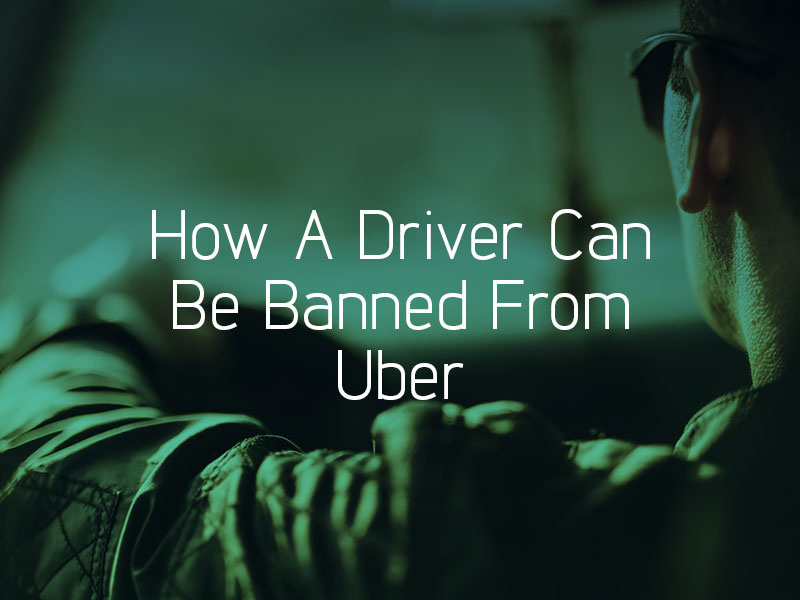If you have ever had an uncomfortable experience in a Rideshare or Lyft, you probably hoped that you would never ride with that particular driver again. While Rideshare and Lyft’s algorithms can help keep you away from unpleasant drivers, unmatching you from a specific driver does not help stop other passengers from experiencing the same dangerous or uncomfortable behaviors you did.
How exactly do these companies ban drivers from their platforms, and what factors are grounds for banishment?
Common Reasons Rideshare or Lyft Can Ban a Rideshare Driver
Some rideshare drivers do not know why Rideshare or Lyft decided to ban them until they try to log in to the app and are unable to access their account. There are a variety of reasons why these companies could ban a driver, and the grounds for banishment depend on each company’s policy. Some of the most common reasons Rideshare or Lyft can ban a driver include the following.
-
- Breaking a traffic law, such as running a red light or speeding
- Driving under the influence of alcohol or drugs
- Acting in an inappropriate manner towards a passenger, including unwanted sexual advances
- Receiving too many low ratings from passengers
- Having a serious criminal history or spotty driving record
- Keeping a firearm in the vehicle
- Committing an act of physical or sexual assault
- Frequently canceling rides when driving
- Having another person in the vehicle when driving for Rideshare or Lyft
- Any other instance of unsafe or reckless driving
When Does Rideshare Ban a Driver?
The Rideshare’s policy on driver deactivation states that any driver who breaks the Rideshare code of conduct could receive a permanent or temporary banishment. Rideshare can ban a driver for offenses such as breaking a traffic law, having drugs, alcohol, or a firearm in the vehicle, or even getting a too-low star rating.
If a passenger complains about a driver, Rideshare can also investigate the complaint and subsequently ban him or her. In situations involving a safety violation, it is not likely that Rideshare will reactivate the driver’s account.
Lyft’s Strict Banning Guidelines
In recent news, Lyft has implemented new safety policies as a way to keep passengers and drivers safe when using their platform. Lyft’s Trust and Safety team members must follow a standardized protocol when determining if a driver should stay on the platform or not. Lyft states that the new procedures eliminate bias from the banning process.
However, many experts have criticized these new protocols as being too strict to ban drivers who exhibit patterns of unsafe behaviors. Drivers who Lyft have banned in the past could ask for reinstatement under the new policies and the reduction of the human element in determining who can stay and who should go.
Under the old system, members of the Trust and Safety team could examine a driver’s history of dangerous behavior and preemptively ban him or her before a more serious instance occurs. In past situations, Lyft banned drivers for asking if a passenger was single, asking if a passenger whether or not he or she lived at the drop-off address, and other uncomfortable and invasive questions.
Now, the Trust and Safety team has limited responsibilities and must vet drivers against a list of pre-approved guidelines before banishment. As a result, Lyft will not take any action to ban a driver under a serious incident occurs. Lyft also created a Safety Policy and Community Compliance committee to perform a second review of serious cases before banning a driver – giving a potentially dangerous driver more time to cause harm to other passengers.
If you are the victim of violence or unsafe driving practices at the hands of a Rideshare or Lyft driver, you may be eligible for financial compensation. Depending on the facts of your case, you could claim damages for medical expenses, emotional trauma, pain and suffering, and more. Speak to an Rideshare and Lyft rideshare attorney to learn more about Rideshare and Lyft lawsuits and whether your case qualifies.

